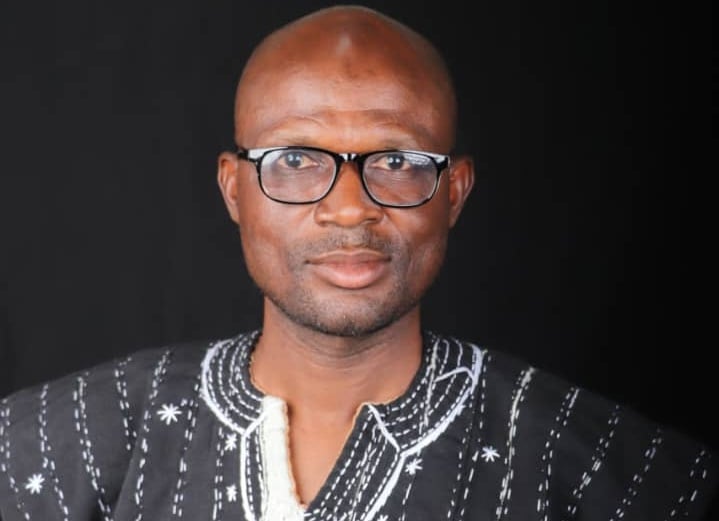The removal of Chief Justice Gertrude Araba Esaaba Sackey Torkornoo has ignited a firestorm of controversy, raising serious concerns about the future of Ghana’s judiciary. Frank Adjei-Worlanyo, Communications Officer of the New Patriotic Party (NPP) in the Oti Region’s Akan Constituency, has vehemently condemned the move, characterizing it as a dangerous precedent that could irrevocably alter the landscape of judicial independence in Ghana. His core argument centers on the fear that this removal signifies a shift towards aligning the tenure of judicial officers with the political lifespan of the ruling party, effectively jeopardizing the impartiality and integrity of the judicial branch. This development, he argues, creates a chilling effect, potentially undermining the very foundation of the rule of law in the country.
Adjei-Worlanyo’s concerns stem from the implication that future Chief Justices might be subject to removal simply due to a change in government. Such a scenario would effectively transform the judiciary into a political tool, susceptible to the whims of the ruling party. The independence of the judiciary, he emphasizes, is a cornerstone of a democratic society, ensuring that the interpretation and application of laws remain free from political influence. This independence is crucial for upholding the constitutional rights of all citizens, regardless of their political affiliations. If the judiciary becomes subservient to political pressures, the rule of law – the fundamental principle upon which a just and equitable society is built – is severely compromised.
The ramifications of politicizing the judiciary extend far beyond the immediate removal of a Chief Justice. Adjei-Worlanyo warns that such actions could erode public trust in the entire judicial system. If citizens perceive the courts as mere extensions of the ruling party, their faith in the impartiality of justice will inevitably diminish. This erosion of trust can have cascading effects, leading to social unrest and instability. The judiciary serves as the ultimate arbiter of disputes and protector of rights, and its independence is vital for maintaining social order and ensuring that the rights of all citizens are equally protected under the law.
Adjei-Worlanyo’s condemnation of the Chief Justice’s removal is rooted in his belief that it represents a blatant disregard for the principles enshrined in the 1992 Constitution. He argues that the judiciary is the sole branch of government entrusted with upholding the rule of law and safeguarding constitutional rights. Any attempt to manipulate or control the judiciary, therefore, constitutes a direct assault on the Constitution itself. He labels the decision as “strange” and “deeply regrettable,” expressing his strong conviction that even the President might eventually regret this action. He appeals to the President’s conscience, suggesting that with the passage of time and the clarity of hindsight, the gravity of this decision will become evident.
The Communications Officer’s call for national vigilance underscores the potential for this incident to set a dangerous precedent for other institutions. He warns that if the judiciary, a traditionally independent body, can be so easily manipulated, no institution is safe from political interference. This concern reflects a broader anxiety about the potential erosion of democratic norms and the gradual concentration of power in the hands of the ruling party. He paints a bleak picture of a future where institutions that were once considered untouchable could be dismantled or manipulated to serve the interests of the ruling elite. This chilling prospect necessitates, in his view, a collective responsibility to safeguard the integrity of all democratic institutions.
Adjei-Worlanyo’s strong words serve as a stark warning about the potential consequences of politicizing the judiciary. He argues that this action not only threatens the independence of the judicial branch but also undermines the very foundations of Ghana’s democracy. His call for national vigilance is a plea for all citizens to actively defend the principles of the rule of law and to resist any attempts to erode the integrity of democratic institutions. The removal of the Chief Justice, in his view, is not merely an isolated incident but a potentially ominous sign of a deeper trend towards authoritarianism. It underscores the importance of a vigilant citizenry and a robust civil society to protect the hard-won gains of democracy.














